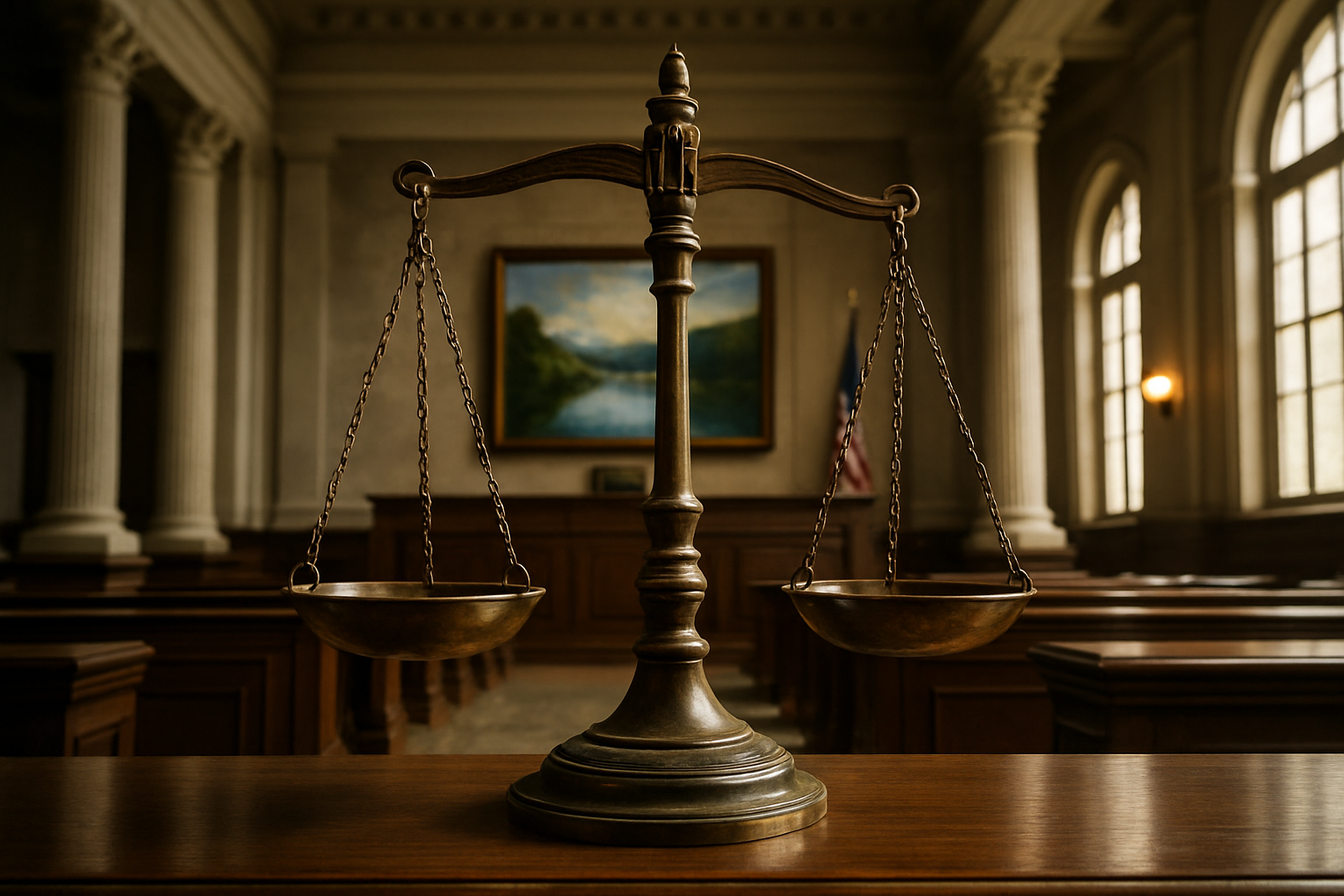A Guide to Criminal Attorneys: What They Do and When to Contact One
Facing criminal charges can be overwhelming, and understanding the role of a criminal attorney is an important first step. These legal professionals provide guidance on defense strategies, court procedures, and case preparation. This article explores what criminal attorneys do, how they support clients during legal proceedings, and what factors to consider when seeking representation. By learning how the process works, you can make informed decisions about legal defense.

What do criminal attorneys do?
Criminal attorneys, also known as criminal defense lawyers, are legal professionals who represent individuals accused of criminal offenses. Their primary responsibility is to defend their clients’ rights and interests throughout the criminal justice process. This includes:
-
Providing legal advice: Criminal attorneys counsel their clients on their legal rights, potential consequences of their charges, and available defense strategies.
-
Investigating the case: They gather evidence, interview witnesses, and examine police reports to build a strong defense for their clients.
-
Negotiating with prosecutors: Criminal attorneys often engage in plea bargaining to potentially reduce charges or secure more favorable sentencing terms.
-
Representing clients in court: They present arguments, cross-examine witnesses, and advocate for their clients during trial proceedings.
-
Filing motions and appeals: Criminal attorneys may file various legal motions to challenge evidence or procedures and pursue appeals if necessary.
When should you contact a criminal attorney?
It’s crucial to contact a criminal attorney as soon as possible if:
-
You’re under investigation for a crime: Even if you haven’t been formally charged, seeking legal counsel early can help protect your rights and potentially influence the course of the investigation.
-
You’ve been arrested or charged with a crime: Immediate legal representation can ensure your rights are protected during questioning and initial court appearances.
-
You’ve been summoned to appear in court: A criminal attorney can guide you through the court process and help you understand the potential outcomes.
-
You’re considering a plea bargain: An experienced attorney can negotiate on your behalf and advise you on the implications of accepting a plea deal.
-
You’re facing serious criminal charges: For felonies or crimes with severe penalties, professional legal representation is essential to mount a strong defense.
What factors should you consider when hiring a criminal lawyer?
When selecting a criminal attorney, consider the following factors:
-
Experience: Look for an attorney with extensive experience in criminal law, particularly in cases similar to yours.
-
Reputation: Research the attorney’s track record and reputation within the legal community.
-
Communication skills: Choose an attorney who can explain complex legal concepts clearly and keep you informed throughout the process.
-
Local knowledge: An attorney familiar with local courts, judges, and prosecutors may have valuable insights into your case.
-
Resources: Consider whether the attorney has the necessary resources to investigate your case thoroughly and mount a strong defense.
-
Fee structure: Understand the attorney’s fee structure and ensure it aligns with your financial situation.
How do criminal attorneys prepare a defense strategy?
Criminal attorneys develop defense strategies through a systematic approach:
-
Case analysis: They thoroughly review all evidence, police reports, and witness statements to understand the strengths and weaknesses of the prosecution’s case.
-
Client interviews: Attorneys conduct in-depth interviews with their clients to gather additional information and perspectives on the case.
-
Independent investigation: They may employ private investigators or forensic experts to gather additional evidence or challenge the prosecution’s findings.
-
Legal research: Attorneys research relevant laws, precedents, and potential legal arguments to support their client’s defense.
-
Strategy development: Based on their analysis and research, they formulate a defense strategy that may involve challenging evidence, presenting alibis, or arguing for reduced charges.
-
Trial preparation: If the case goes to trial, attorneys prepare opening and closing statements, witness examinations, and exhibits to present in court.
What are the typical costs associated with hiring a criminal attorney?
The cost of hiring a criminal attorney can vary significantly based on factors such as the complexity of the case, the attorney’s experience, and your location. Here’s a general overview of potential costs:
| Fee Structure | Typical Range | Notes |
|---|---|---|
| Hourly Rate | $150 - $700 | Varies based on experience and location |
| Flat Fee | $1,500 - $25,000+ | Often used for specific services or less complex cases |
| Retainer | $2,000 - $100,000+ | Initial payment, may be applied to hourly rates |
Prices, rates, or cost estimates mentioned in this article are based on the latest available information but may change over time. Independent research is advised before making financial decisions.
It’s important to note that some criminal attorneys may offer payment plans or sliding scale fees based on your financial situation. Additionally, if you cannot afford an attorney, you may be eligible for a court-appointed lawyer or public defender.
In conclusion, criminal attorneys serve as essential advocates for individuals facing criminal charges. They provide crucial legal guidance, protection of rights, and strategic defense throughout the criminal justice process. Understanding their role and knowing when to seek their services can significantly impact the outcome of a criminal case. When facing criminal charges or under investigation, prompt consultation with an experienced criminal attorney is often the most prudent course of action.




